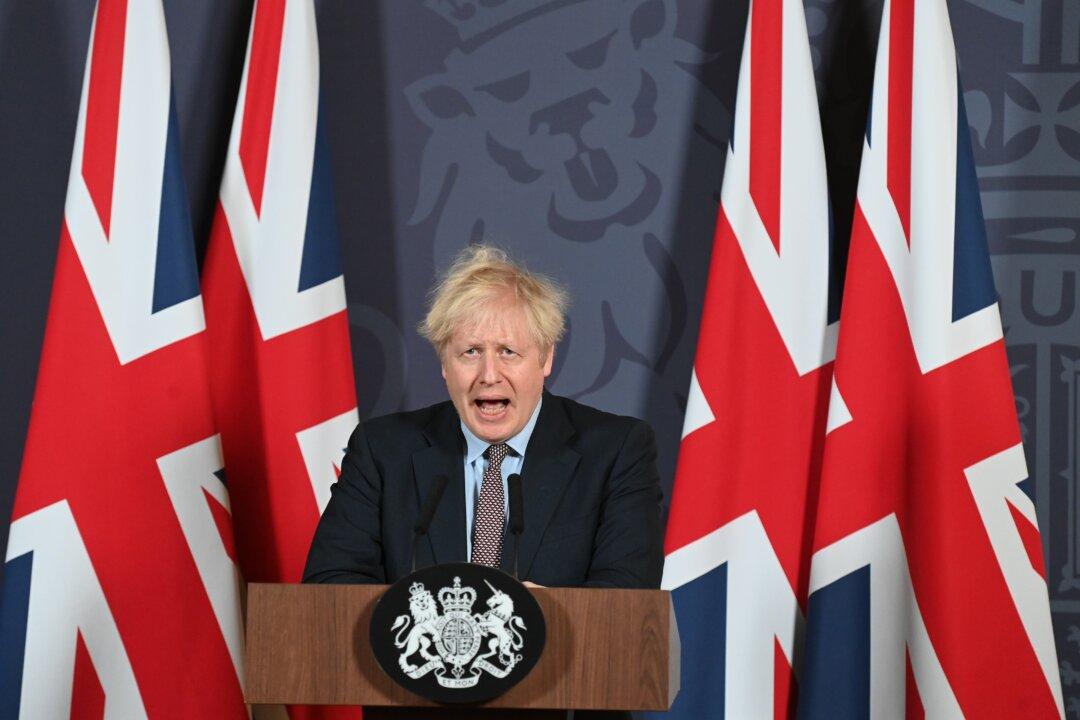British Prime Minister Boris Johnson on Wednesday urged Parliament to back the UK–EU agreement on post-Brexit trade relations, saying that the deal will resolve the “vexed question” of Britain’s relations with Europe.
British MPs are debating on the EU (Future Relationship) Bill ahead of the vote, which will enable the UK government to ratify the EU-UK Trade and Cooperation Agreements reached on Christmas Eve.





